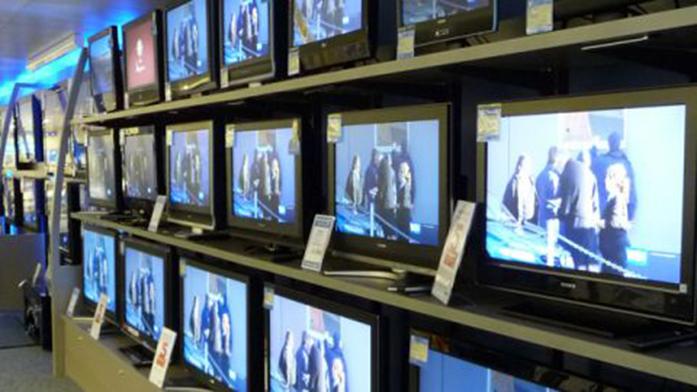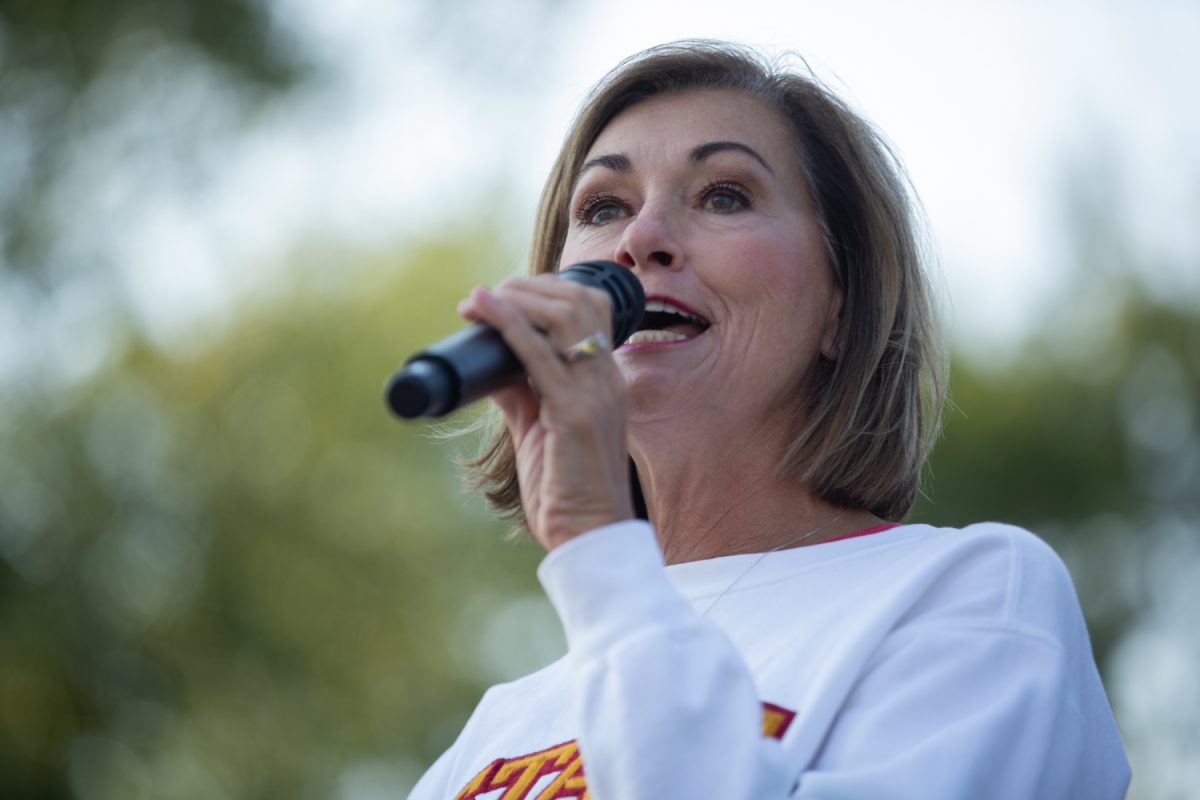By Laura Townsend
Television has the power to make real change happen fast. It has the power to humanize largely stigmatized groups of people through empathy, comedy, and captivating storytelling that reaches audiences all over the world. Television audiences spend half an hour or more with characters every single week, or even every day, and are able to form a strong connection to them because of this.
Shows such as “Modern Family” played a huge role in the acceptance of LGBTQ communities in the United States. Simply portraying gay characters as normal human beings invited Americans to see LGBTQ people for who they are: regular humans. The normality alone of the lives of Cam and Mitch was enough to alter people’s perceptions about a community that has been rejected and chastised for centuries.
Now, in 2017, xenophobia seems to be particularly rampant in the United States. Between the destruction of a historically Jewish cemetery in St. Louis this past weekend, the rescinding of regulations protecting transgender students on Tuesday, and the Muslim ban, President Trump welcomes acts of hate and intolerance rooted in a fear of the “other,” even when there are no data suggesting the “other” poses any actual threat.
Widespread stigma of entire populations of people is possible in the United States because many xenophobic citizens have never met or interacted with those who do not share identical backgrounds, whether culturally, racially, or religiously. It is not difficult for a person who has never met a Muslim to fear them when their news sources and their president repeatedly dehumanize Muslims and accuse them of posing a threat.
Even if one was to present an Islamophobic person with an array of facts and data proving that Muslims are as human and non-threatening as anyone else, that person might still be hesitant to abandon their original perceptions.
As author and religious scholar Reza Aslan writes in his book No god but God, if facts alone were enough to dissuade people, “it would take no effort to convince Americans that Obama is, in fact, a Christian” when as of 2010, a poll showed that “nearly a quarter of Americans continue to believe” that Obama is Muslim.
Television specifically has the power to change the way non-Muslim Americans view Muslims. Aslan explains that “minds are not changed merely through acquiring data or information … Rather, it is solely through the slow and steady building of personal relationships that one discovers the fundamental truth that all people everywhere have the same dreams and aspirations … the same fears and anxieties.”
Not everyone has the opportunity to meet and form a relationship with someone of another culture. A person might live in a rural community with a population of 300 people, all of whom identify as white, American Christians. Television can be the solution. Shows can form a bond between the person in the rural, Christian community and Muslims, or Jews, or transgender students, without that person having to so much as leave his house. Just as Cam and Mitch in “Modern Family” led to the normalization and embrace of LGBTQ communities, Muslim representation on television can work to humanize Muslims, even in a country ridden with Islamophobia.
Non-Muslim, xenophobic Americans fear Muslims because of what they do not know or fail to understand. Having the opportunity to watch Muslim characters on television each week, to get to know them and bond with them through the power of storytelling, could make a huge difference in the way Muslims are perceived in the United States. Television invokes empathy, it bonds the audience with the characters, and above all else, it humanizes.









